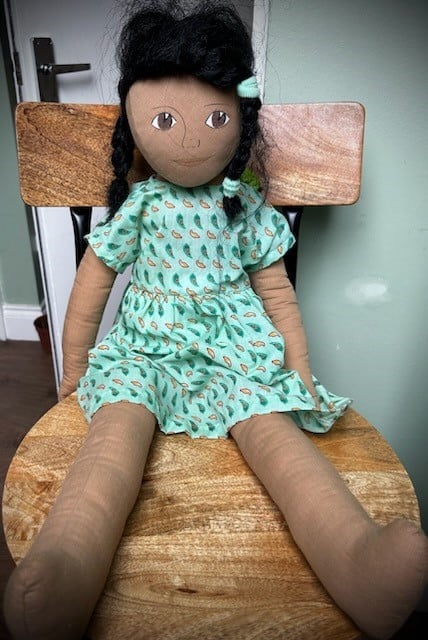

This is something we all agree with, but the world we live in does not offer every child the same opportunities to be all they can be – very far from it.
Over the past couple of years, movements such as Black Lives Matter and #Me Too have made us increasingly aware of the depth of inequalities in the UK, and the need to embrace and celebrate human diversity and think seriously about what inclusive practice really means for children and families.
At Young Friends we know that for outstanding equalities practice, ‘The provider goes beyond the expected and is highly successful at giving children a rich set of experiences that promote an understanding of, and respect for, people, families and communities beyond their own’.
Ethnicity, gender, culture, language, social class, poverty, being a refugee or asylum seeker, LGBTQIA+, disability and/or learning differences can all become excuses for prejudice and reasons to discriminate or exclude. It may be hidden and unconscious, based on unquestioned, historical and ‘traditional’ attitudes and ways of doing things, or it may be overt.
The consequences of ingrained negative attitudes to some groups of people have a huge negative impact on all children and families. Children learn from everything around them, whether intended or not. They soak up everything – all they see and hear influences how they feel about others and themselves, negative or positive.

*Persona Dolls and their stories are a way to celebrate diversity, help children develop a positive attitude to difference, challenge stereotypes and prejudice and address new or underlying concepts (e.g potty training, teeth care, behaviour management).The approach involves a special kind of storytelling, using a child-like doll for which a ‘persona’ (unique identity and family background) has been created by the practitioners who will be introducing the doll to the children and devising the stories. The doll is not a toy, and is only used for the storytelling sessions.
Young Friends Kindergarten
89 Holland Road
Hove
East Sussex
BN3 1JP
t: 01273 735 100
e: enquiries@youngfriends.co.uk